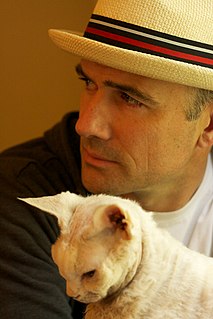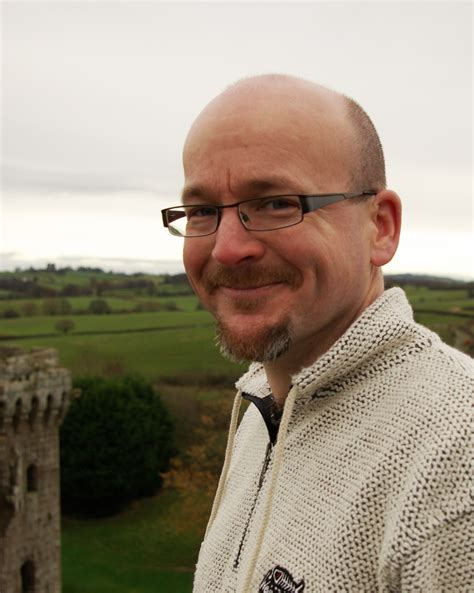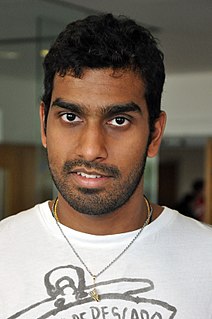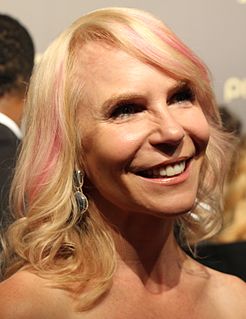A Quote by Deborah Eisenberg
I always thought of writing as holy. I still do. It’s not something to be approached casually.
Related Quotes
I didn't always want to act. My passion was writing, and it still is one of my primary passions to this day, but it wasn't until high school when I started acting in plays that it became a thought of something I might want to do. And when I applied to colleges, at NYU, I was able to study both writing and acting.
It wasn't a case of me sitting down and thinking, right then, what shall I do with my life? Airline pilot? Plumber? Guitar manufacturer? Writer .... yeah, writer. I've always loved writing, from a very early age--I guess I was writing my first stories when I was still in single digits. It progressed, and the love of writing grew in my mind and is still growing. Doing it full-time, there are different stresses and tensions, and the business side of it comes to the fore sometimes. But I still love it, and I'm always thankful that I can do what I do and make a living from it.
I've always wanted to be in journalism. I even started a course at Loughborough doing media studies. I like all sports, and I am keen on writing. But I thought that while I was still young, I ought to make a real go of it at badminton. So I have put all my focus on playing sport instead of writing about it.
I have been approached now and again about sitcoms, but, with very few exceptions, one simply needs to move to L.A. for at least a year or two these days if one wants to develop a series - which is what writing a pilot means. I've also been approached about writing episodes for sitcoms, but in order to do that one actually has to watch sitcoms. . . . Life's too short for television, and I don't what it on my actual gravestone, HE STARED AT A BOX FOR 10,000 HOURS.
I don't think anyone is ever writing so that you can throw it away. You're always writing it to be something. Later, you decide whether it'll ever see the light of day. But at the moment of its writing, it's always meant to be something. So, to me, there's no practicing; there's only editing and publishing or not publishing.






































